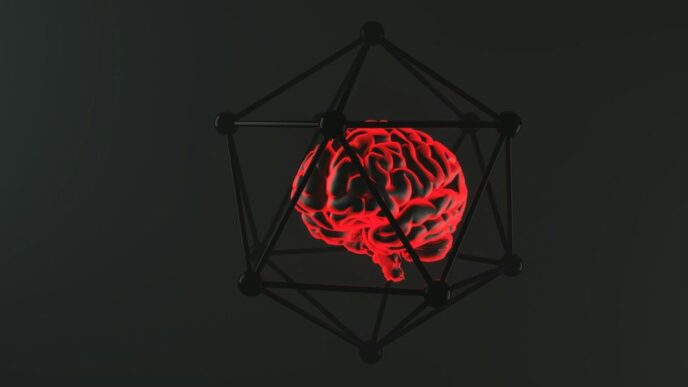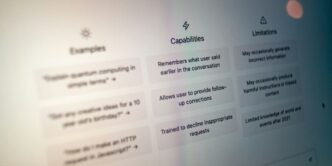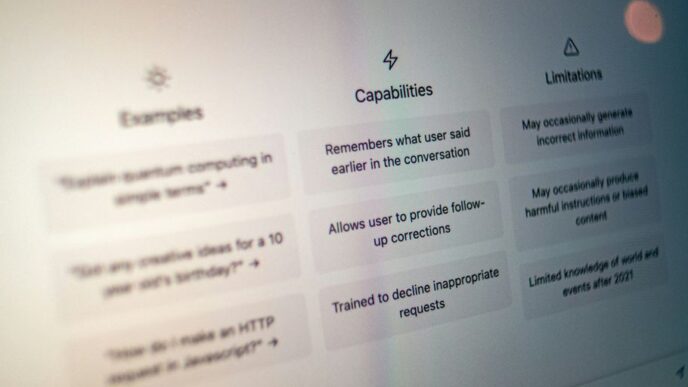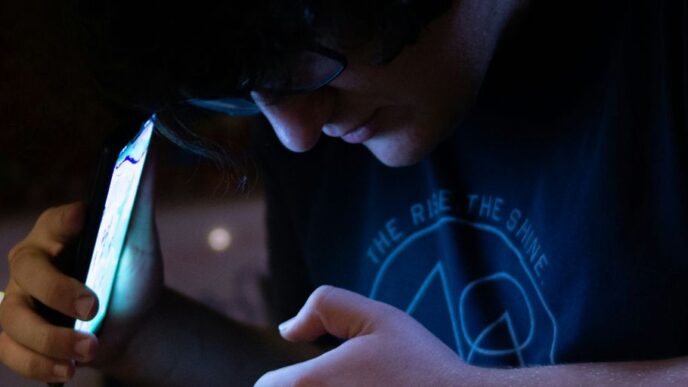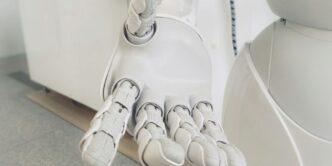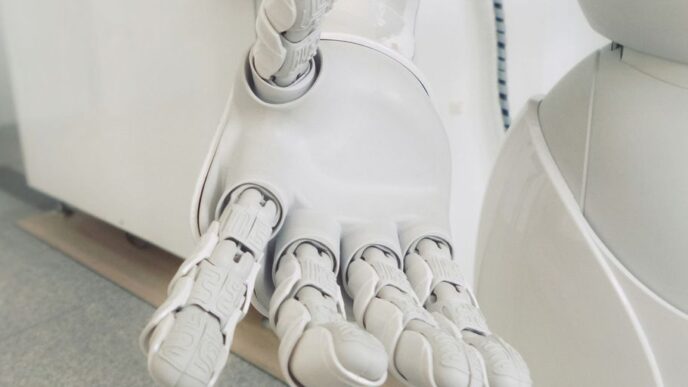Cradle, a tech start-up based in Amsterdam and Zurich, has successfully raised $73 million in a Series B funding round to enhance its AI-powered protein engineering technology. This funding aims to meet the increasing demand for innovative solutions in research and development-intensive industries, particularly in the creation of sustainable and eco-friendly products.
Key Takeaways
- Cradle raised $73 million in Series B funding, bringing total funding to over $100 million.
- The funding round was led by IVP, with participation from Index Ventures and Kindred Capital.
- Cradle’s technology significantly reduces the time and cost associated with protein engineering.
- The company plans to expand its wet lab and engineering team to enhance its AI capabilities.
The Need for Innovation in Protein Engineering
The demand for new proteins is growing, driven by the need for sustainable, animal-free food alternatives and environmentally friendly chemicals. Traditional protein engineering methods are often slow, costly, and unreliable, leading to incomplete projects and wasted resources. Cradle’s innovative approach aims to address these challenges by leveraging artificial intelligence to streamline the protein development process.
How Cradle’s Technology Works
Cradle’s platform utilizes AI to generate protein sequences that can be tested in laboratories. This method promises to reduce the number of experimental rounds required in the protein engineering process by up to 90%.
- Traditional Methods: 10-20 experimental rounds, each taking 8-12 weeks and costing tens of thousands to hundreds of thousands of dollars.
- Cradle’s Approach: Significantly fewer rounds needed, leading to faster and more cost-effective results.
Future Plans and Expansion
The recent funding will be allocated towards expanding Cradle’s wet lab facilities, which will help generate additional datasets for training their AI models. This expansion is crucial for addressing a wider range of challenges in protein engineering and improving the overall efficiency of the process.
Cradle also plans to grow its engineering team to enhance its machine learning capabilities, allowing for better generalization across various tasks and the ability to handle more complex proteins.
Leadership Vision
Stef van Grieken, co-founder and CEO of Cradle, expressed his vision for the company, stating, "Cradle was founded on the belief that we could solve global planetary and human health challenges by using generative AI to rapidly accelerate the development of bio-based products." He emphasized the goal of empowering a million scientists with Cradle’s software to create impactful products.
Conclusion
With the successful completion of its Series B funding round, Cradle is poised for significant growth and innovation in the field of protein engineering. The company’s commitment to leveraging AI technology to address pressing global challenges positions it as a leader in the biotechnology sector, paving the way for a more sustainable future.



